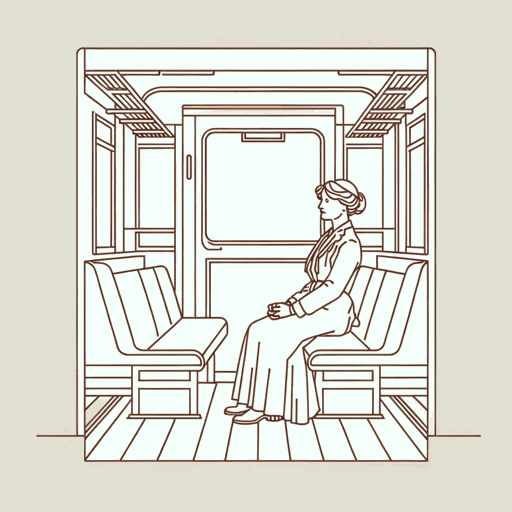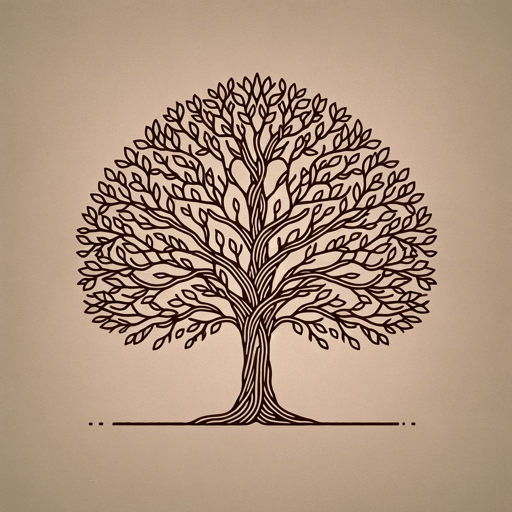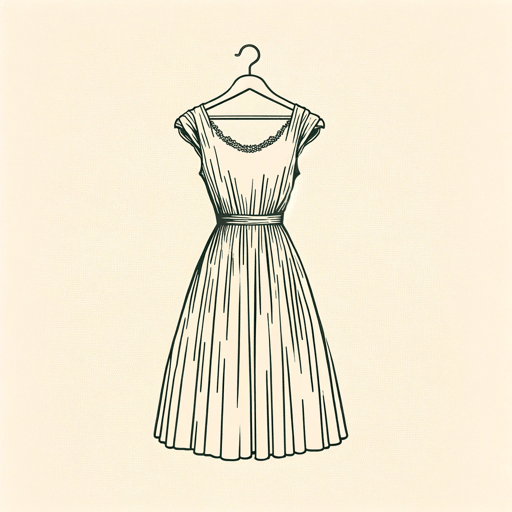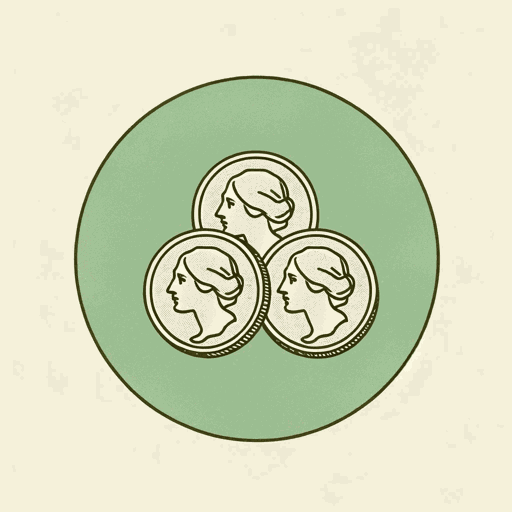51 pages • 1 hour read
Virginia WoolfThree Guineas
Nonfiction | Essay / Speech | Adult | Published in 1938A modern alternative to SparkNotes and CliffsNotes, SuperSummary offers high-quality Study Guides with detailed chapter summaries and analysis of major themes, characters, and more.
Part 3 (Pages 105-131)Chapter Summaries & Analyses
Part 3
Summary: Pages 105-113
Woolf wonders whether the kind of society she has described could ever exist. She points to snippets of information about women in the professions that prove its existence; among them are Kathleen Rance, the Mayoress of Woolwich, who has refused to darn socks for any war effort. Similarly, recent developments in women’s sports (which do not award trophies or cups) offer evidence of intellectual pursuits practiced for their own sake. These examples (and others), she suggests, prove that an Outsiders’ Society could both exist and thrive.
“Secrecy is essential” (109), Woolf writes, meaning the Outsiders’ Society must “still hide” (109) as members’ economic freedom depends on it. There are subjects people are too fearful to discuss, she says, “even when they meet privately and talk” (111). But this fear must be challenged, as “without private there can be no public freedom” (111).
The Archbishops’ Commission on the Ministry of Women exemplifies this fear. The Church of England ranks “highest of all the professions” (111) and, when women asked to be allowed to enter the profession, the people running the Church had to consult the Bible. In doing so, they found that “our Lord regarded men and women alike as members of the same spiritual kingdom, as children of God’s family, and as possessors of the same spiritual capacities” (112), and that women had been a part of the early days of the Church.
Related Titles
By Virginia Woolf

A Haunted House and Other Short Stories
Virginia Woolf

A Room of One's Own
Virginia Woolf

Between The Acts
Virginia Woolf

How Should One Read a Book?
Virginia Woolf

Jacob's Room
Virginia Woolf

Kew Gardens
Virginia Woolf

Modern Fiction
Virginia Woolf

Moments of Being
Virginia Woolf

Mr. Bennett and Mrs. Brown
Virginia Woolf

Mrs. Dalloway
Virginia Woolf

Orlando
Virginia Woolf

The Death of the Moth
Virginia Woolf

The Duchess and the Jeweller
Virginia Woolf

The Lady in the Looking Glass
Virginia Woolf

The Mark on the Wall
Virginia Woolf

The New Dress
Virginia Woolf

The Voyage Out
Virginia Woolf

The Waves
Virginia Woolf

To the Lighthouse
Virginia Woolf

